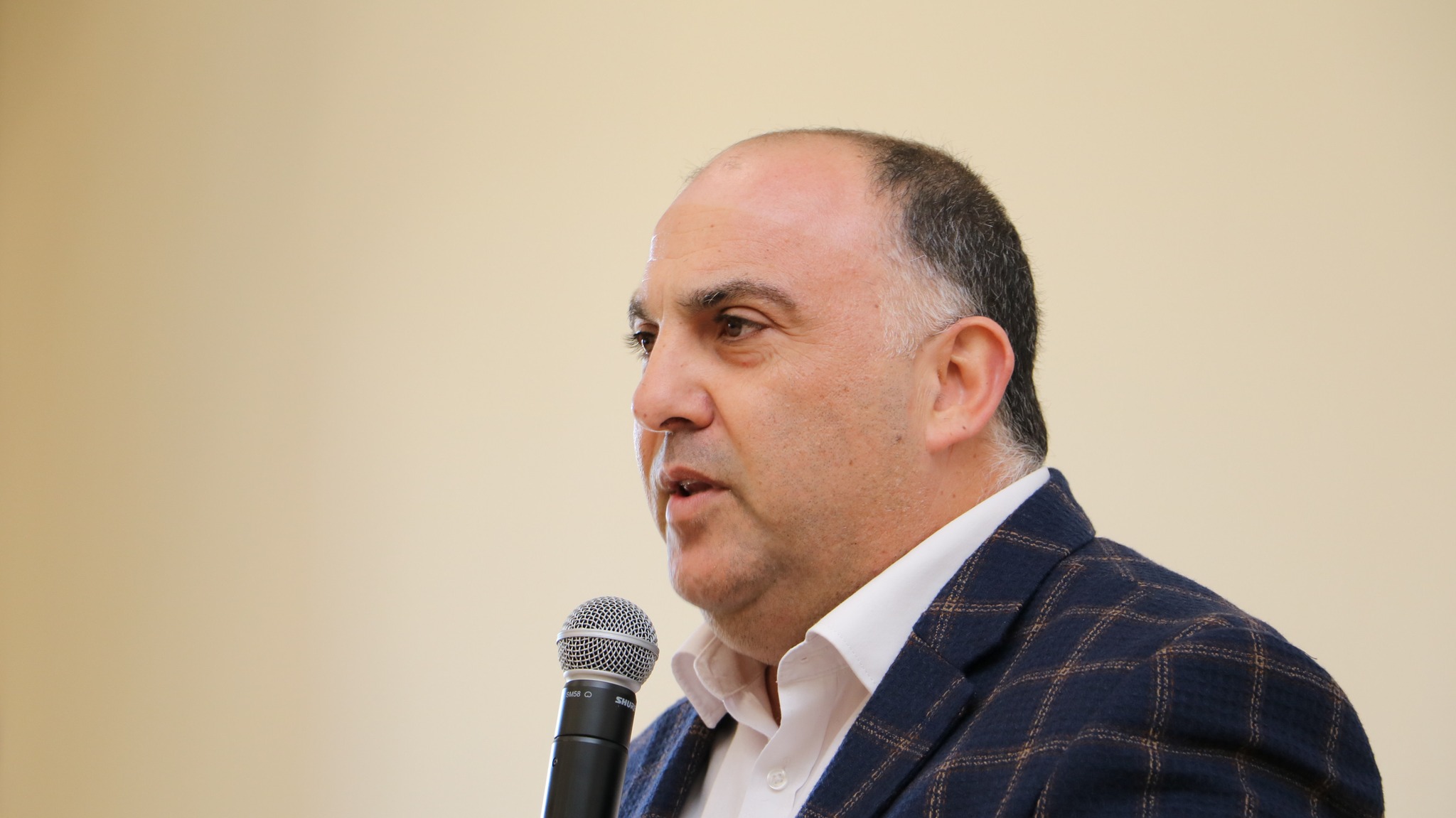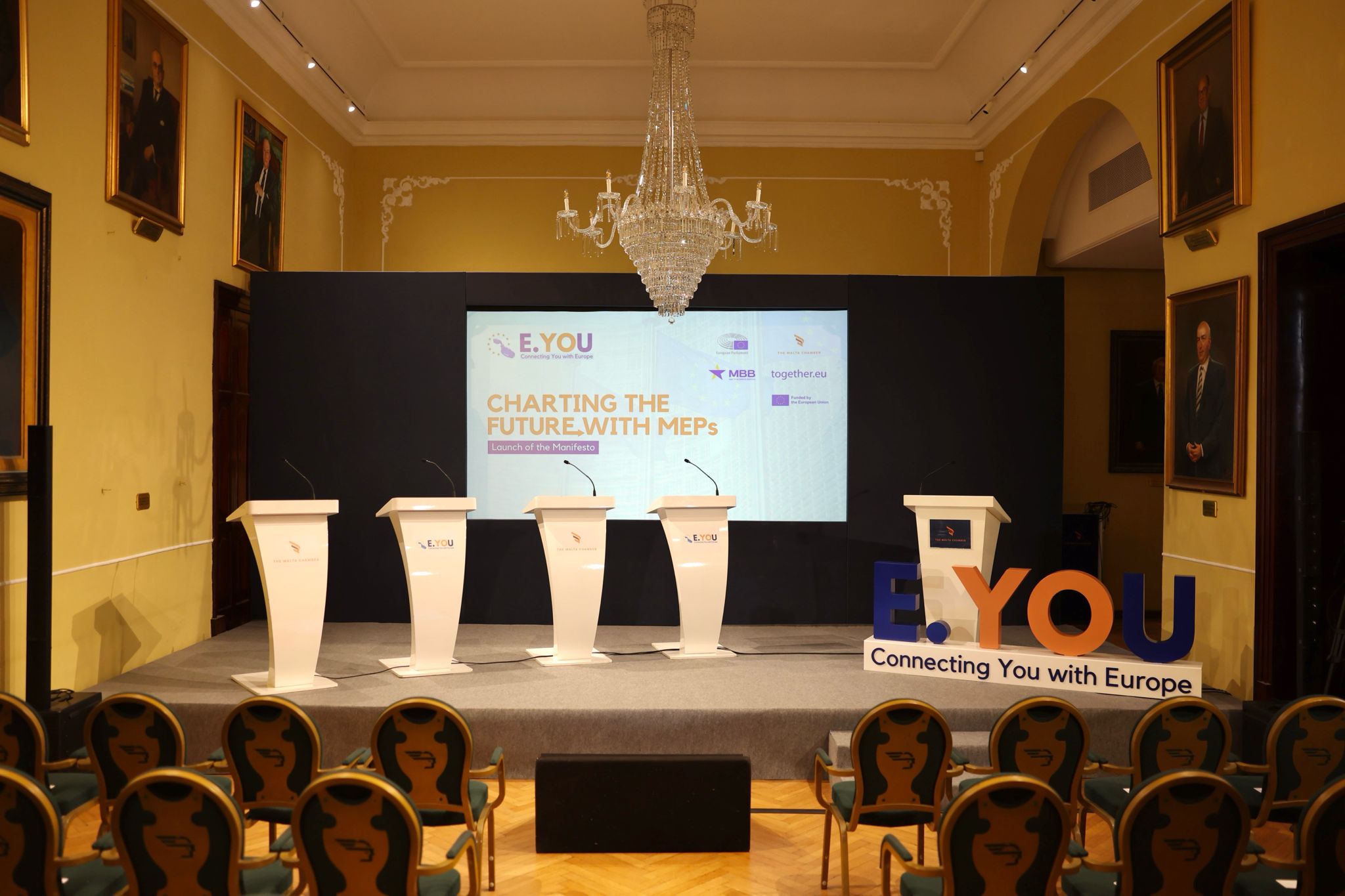From a lack of skilled human resources to outsources, and from inflation to artificial intelligence, there is no shortage of challenges for the Maltese economy as 2024 gets underway.
While the interests of business owners and labour representatives are often divergent, a strong and healthy economy is beneficial to both groups, and insight from workers’ unions can help businesses build a bridge and create the foundations for fruitful collaboration.
Speaking to BusinessNow.mt, UĦM Voice of the Worker CEO Josef Vella shares his thoughts on the pitfalls to avoid in the year ahead.
For the union boss, the erosion of workers’ spending power on account of the increase in the cost of living, which skyrocketed over the last year and a half, is one of the biggest threats to Malta’s economy.
Inflation is unlikely to return to the rock bottom rates seen for an entire decade prior, however, and “undoubtedly, the war in Ukraine and the turmoil in the Middle East do not bode well, especially when it comes to controlling inflation.”
Cost headaches are further compounded by the fact that Malta is not producing enough skilled workers, at all levels, with industries as different as catering and financial services increasingly reliant on a steady inflow of foreign labour.
“Hence, we might no longer be in a position to attract foreign investment on the strength of what was traditionally our strong point: human resources,” he says.
In terms of industrial relations, Mr Vella is particularly concerned about the practice of outsourcing part of an organisation’s workforce to third parties.
“This practice which is creeping in, whereby not all employees within the same workplace are on the books of the owner, arises when some employees are recruited by a contractor who in turn supplies these employees to this owner,” he explains.
“This is giving rise to discrimination among employees at the same workplace who enjoy different conditions of work despite doing the exact same job.”
Speaking from his experience leading Malta’s second-largest trade union, Mr Vella warns that the practice is eroding collective bargaining, as only those employed directly by the owner may benefit.
“Over time this will result in a decline in employment conditions, which will also have a negative impact on the labour market in general.”
The solution he offers is to have all employees working at the same workplace enjoying the same conditions and being on the books of the same employer, a matter that also ties into the issue of “free riders”, that is, employees who benefit from better conditions through collective bargaining but do not pay the union membership.
“We believe that those benefitting from better conditions of work thanks to a collective agreement negotiated by a union, should pay the membership fee to a union of their choice given that they are receiving a service – in this case better employment conditions,” says Mr Vella.
He continues: “Should they feel uncomfortable to join a union or form their own house union, they could pay the equivalent fee into a fund going for all unions in general. Such mechanism would ensure a fair system whereby employees are paying for the service they are getting through collective bargaining.”
In fact, UĦM is not in favour of mandatory union membership across the board – an idea that was floated in the run-up to the 2022 election.
“Our position in this regard is that such measure should only apply to low-income workers as they are the most prone to exploitation and in a vulnerable position.”
Whatever the precise mechanism, the problem of having workers doing the same job at the same workplace answering to different employers remains high on the agenda for the UĦM.
Mr Vella also cites the impact of the EU’s Emissions Trading Scheme, set to increase shipping costs, on the Malta Freeport, and the issue of tax harmonisation across the EU, both of which may prove pivotal in the country’s efforts to continue attracting foreign investment.
However, although the Maltese economy is indeed characterised by significant amounts of foreign investment, the UĦM CEO insists that “giving the red-carpet treatment to all investors regardless of their contribution to the Maltese economy is a mistake.”
He argues that such an approach “would only serve to portray Malta as a country where investors can make a quick buck with no value added.”
Instead, he calls for a policy “based on a discriminatory incentive package awarding investors against objective criteria,” which would for example “award investors who contribute for the upskilling of the workforce and production of higher value.”
This would need to operate in tandem with “a labour market policy addressing short-term challenges and an economic policy outlining the type of labour market we are after in the long term,” continues Mr Vella.
Looking ahead, he notes that in light of the rapid emergence of artificial intelligence, questions about the shape of the labour market over the coming years are becoming more important than ever, stressing the need to identify those jobs most at risk “to start gearing up to reskill these workers so as to avoid unemployment.”
Featured Image:
Josef Vella, UĦM Voice of the Worker / Facebook
Hotels report strong 2024 so far, optimistic about a very busy summer
Trends are shifting in the preference for last-minute bookings, hotels say
Labour Party European Parliament manifesto: What’s in it for businesses?
Looking ahead, Prime Minister Robert Abela pledges new opportunities on the commercial and social sphere
WATCH: MEPs in dialogue – Enhancing Europe
The fourth in a series of debates designed to engage citizens in the lead-up to the MEP elections






